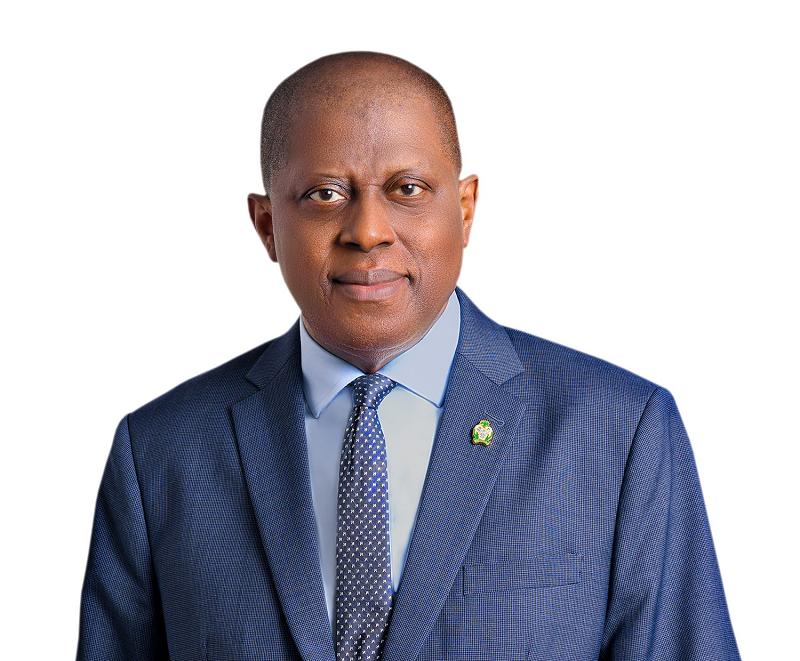
Nigerians have spent a whopping $98 billion over the past decade on foreign education, healthcare, and personal travel, according to data from the Central Bank of Nigeria (CBN).
The CBN Governor, Olayemi Cardoso, revealed this during a session with the House of Representatives on Tuesday, where he addressed concerns about the recent depreciation of the naira.
Cardoso attributed the decline in the naira’s value to various factors, including increased demand for foreign exchange, inadequate forex reserves due to low oil earnings, rising capital outflows, and excess liquidity from government spending.
To stabilize the exchange rate, Cardoso outlined a comprehensive strategy, including unifying FX market segments, settling outstanding FX obligations, and enforcing limits on commercial banks’ forex positions.
According to CBN data, between 2010 and 2020, Nigerians spent $28.65 billion on foreign education, $11.01 billion on medical treatment abroad, and $58.7 billion on personal travel allowances.
Cardoso highlighted the challenge of declining oil revenues, which have plummeted from $93.89 billion in 2011 to $31.4 billion in 2020, exacerbating the pressure on the naira.
He also emphasized the impact of Nigeria’s preference for foreign goods, such as cars and clothing, which require dollar payments, further straining the exchange rate.
Addressing concerns about the economy, Cardoso expressed optimism that the CBN’s policy measures would yield positive results in the short to medium term, with inflation and exchange rate pressures expected to ease.
In addition to education and healthcare, Nigerians’ appetite for foreign products extends to other sectors, including a significant rise in the number of students studying abroad and substantial spending on medical tourism.
The government has pledged to tackle the root causes of these trends, emphasizing the need to promote domestic production and reduce reliance on imported goods.
While challenges remain, policymakers are committed to implementing reforms to strengthen the economy and address forex-related issues, with a focus on agriculture, security, and infrastructure.
As the nation grapples with economic challenges, the House of Representatives has affirmed its commitment to confronting fiscal and revenue issues, recognizing the importance of safeguarding Nigeria’s resources for future generations.






Be First to Comment